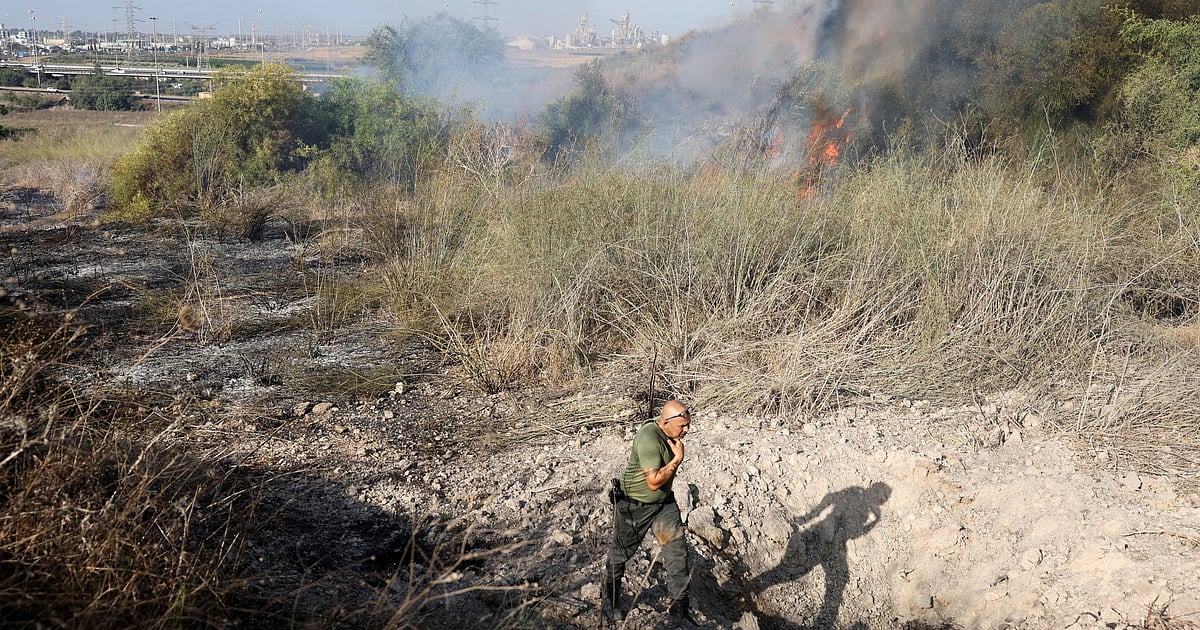 |
|
The conflict between Yemen's Houthi rebels and Israel has taken a significant turn as the Houthis claimed responsibility for a ballistic missile attack that reached central Israel for the first time. This unprecedented attack triggered a wave of fear and security measures in Israel, with over 2 million citizens forced to seek shelter. The Houthis, through their military spokesperson, emphasized the magnitude of their strike, highlighting its impact on Israel's population and its historical significance.
The attack serves as a stark reminder of the evolving dynamics in the Middle East and the complex relationship between Yemen and Israel. The Houthis, backed by Iran, have been engaged in a prolonged conflict with the internationally recognized Yemeni government. The escalation of their actions toward Israel raises concerns about regional stability and the potential for further conflict. This development has prompted Israel to strengthen its defenses and consider retaliatory measures against the Houthis.
The international community is closely monitoring the situation, with calls for de-escalation and a peaceful resolution. The United Nations and other international bodies have condemned the attack and urged all parties involved to exercise restraint. While the immediate aftermath of the attack has been marked by heightened tensions, the long-term consequences remain uncertain. It remains to be seen how this escalation will impact the broader Middle East conflict and what steps will be taken to address the underlying tensions.
Source: Yemen's Houthis claim responsibility for missile attack on central Israel
